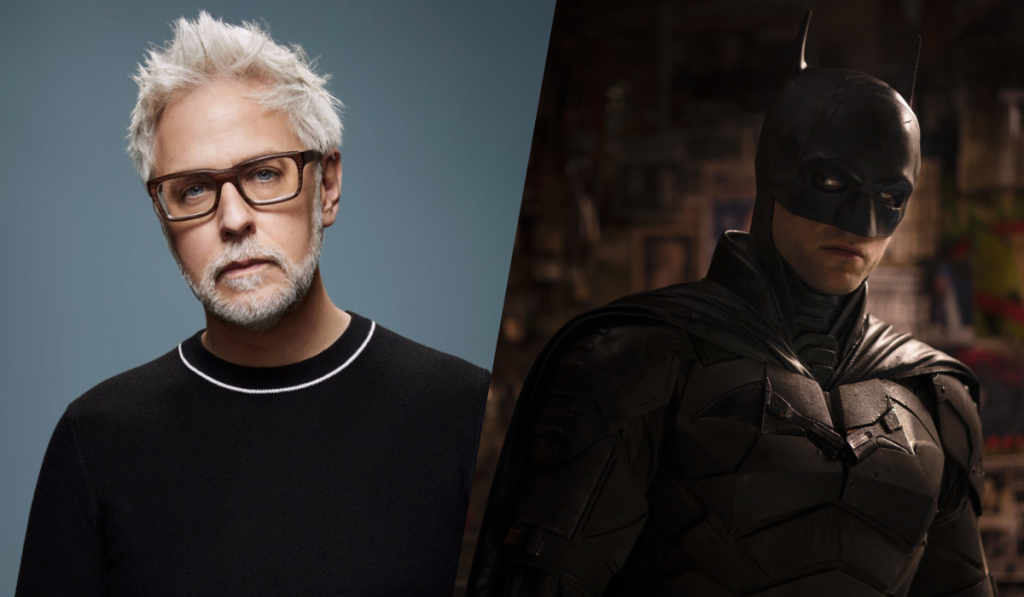With the excitement surrounding the 2025 reboot of the DC Universe, the delay of The Batman 2 has become a lightning rod for speculation and concern. Originally set to release much earlier, the sequel to Matt Reeves’ 2022 hit has now been pushed back to October 2027. The latest delay has raised eyebrows, especially in light of the increasingly complex landscape of DC Studios, which is now planning its interconnected universe with major films like Superman: Legacy and Clayface on the horizon.
Despite the frustration from fans, DC Studios co-CEO James Gunn has attempted to calm the waters, defending the delay and explaining that it’s part of the normal production process for sequels. Gunn pointed out that the gap between films is not unusual, citing examples from other major franchises: “To be fair, a 5-year gap or more is fairly common in sequels. There were 7 years between Alien and Aliens, 14 years between The Incredibles, 7 years between the first two Terminator films, 13 years between Avatars, and 36 years between Top Gun films,” he wrote on Threads. “And, of course, there were 6 years between Guardians of the Galaxy Vol. 2 and Vol. 3.”

The delay, according to Gunn, comes down to the script. He emphasized that Matt Reeves, the director of The Batman and its sequel, is fully committed to crafting the best story possible. Gunn explained, “The only reason for the delay is there isn’t a full script. Matt is committed to making the best film he possibly can, and no one can accurately guess exactly how long a script will take to write. Once there is a finished script, there is around two years for pre-production, shooting, and post-production on big films.”
This delay isn’t the first time the script has been cited as the issue. In fact, the first delay also pointed to the script being incomplete. Some of the delay’s impact can be attributed to external factors as well, including the 2023 writers’ strike, which interrupted the scriptwriting process.
While these production challenges aren’t unexpected, they’ve added fuel to the fire of fan speculation. The Batman franchise, once positioned as a pillar for DC’s cinematic future, now finds itself in a complicated position. By 2027, DC Studios will have released at least three films and several seasons of TV in its interconnected universe, with Superman: Legacy expected to kick things off in 2025. In addition, the Clayface movie, based on Batman lore, is already in the works for the DC Universe.
This has led some fans to wonder: Will The Batman 2 still have a place in a rapidly evolving DC landscape? The timing of its release — by 2027, after the rebooted DC Universe has already established a new continuity — raises questions about how audiences will view a movie set outside that framework. Could DC Studios decide to quietly phase out Reeves’ interpretation of Gotham City in favor of a more interconnected universe?
Adding to the uncertainty, DC Studios has made it clear that films like The Batman and Joker will not be part of the main DC Universe but rather fall under the “Elseworlds” label, allowing them to exist independently. This move means that while projects like The Batman 2 are still in development, they are not the top priority for DC Studios, which is focused on its unified universe. For now, The Batman 2 and other Elseworlds projects, like Constantine 2, remain on the schedule, but their long-term future is far from guaranteed.
Gunn has previously said that DC Studios remains open to having multiple versions of Batman, even if they are not part of the main universe. He and Reeves have reportedly communicated throughout the process, and Gunn has publicly defended Reeves’ creative vision. This suggests that while the delays are frustrating, the two sides are not at odds and are committed to delivering a high-quality sequel when the time is right.
But while The Batman 2 faces mounting delays, it’s clear that the future of DC’s live-action adaptations is uncertain. With every decision, from the success of Superman: Legacy to the continued expansion of the DC Universe, the fate of standalone projects like The Batman will be shaped. Whether or not Reeves’ vision continues to thrive in this new era of DC filmmaking will depend on how things unfold over the next few years.
For now, fans will have to wait until October 2027 to see what happens next in Gotham City — but given the unpredictability of DC Studios, who knows what the future truly holds?




